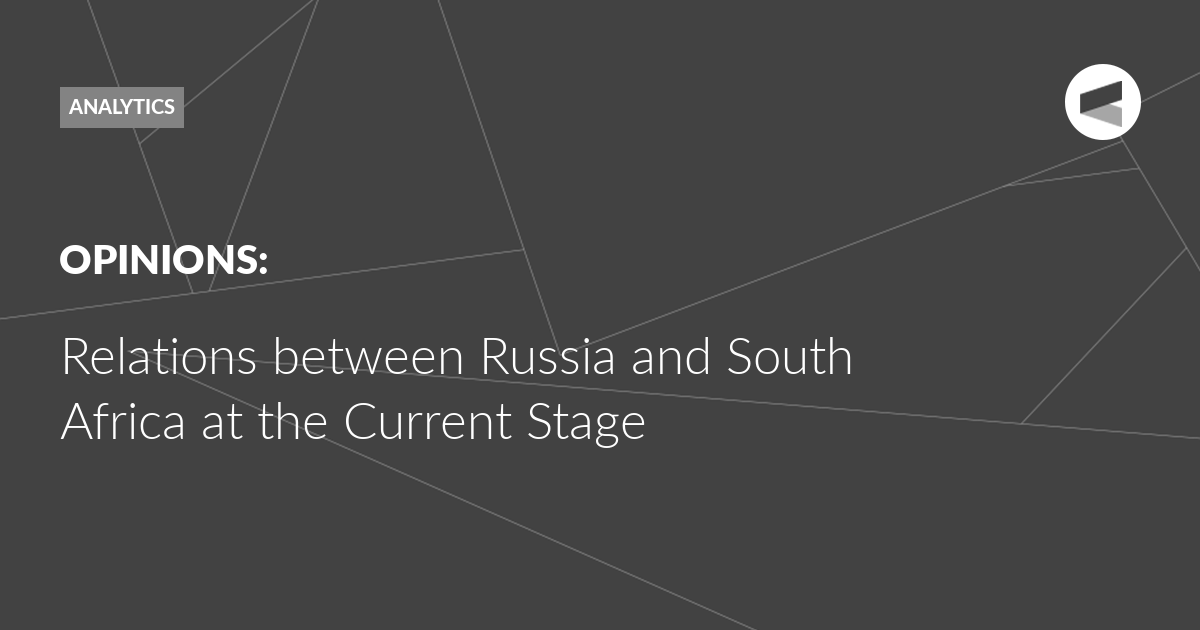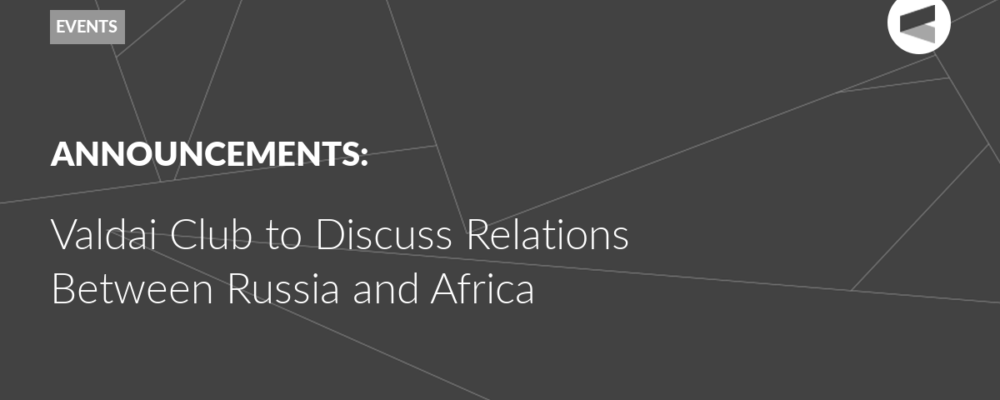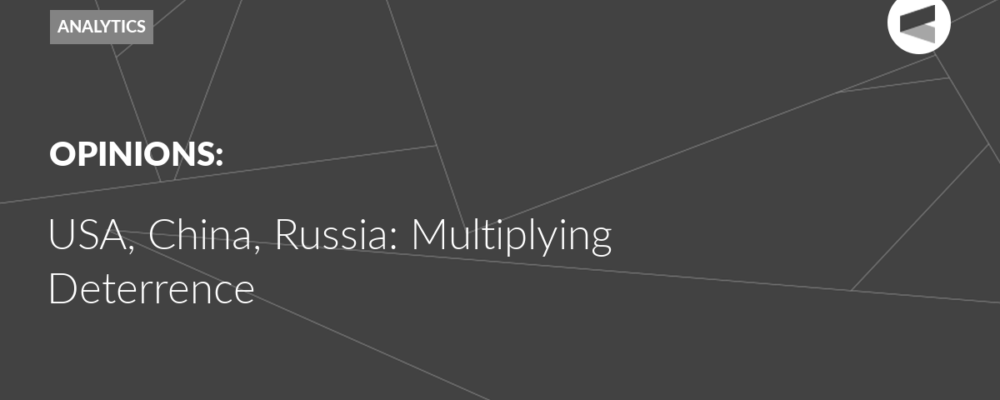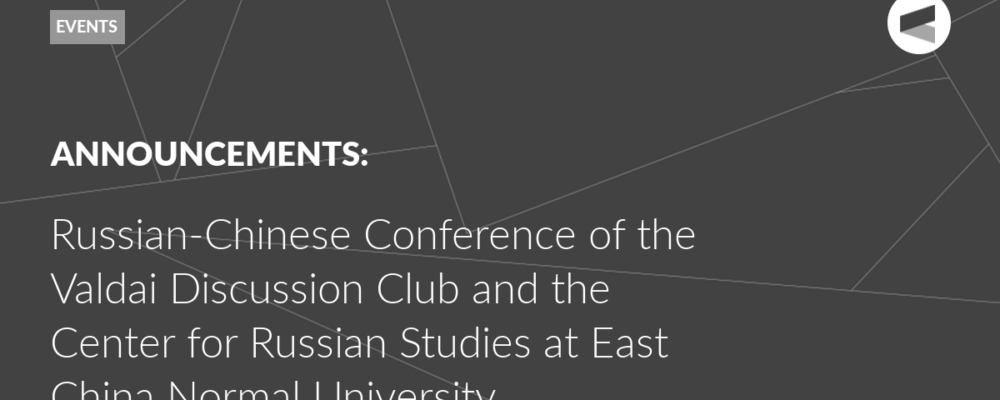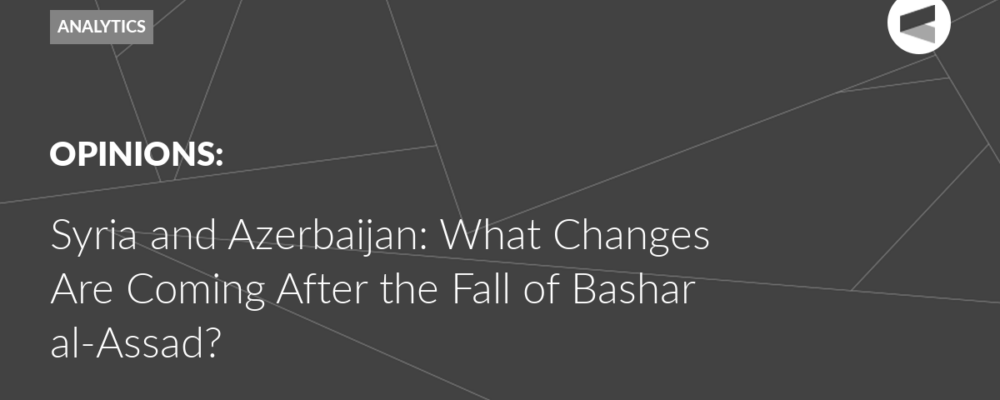On the other hand, the current partners of the ANC in the ruling coalition embrace, as noted above, pro-Western and/or right-wing political views. In order to maintain unity within the coalition, certain compromises between the ANC and its partners in the government cannot be ruled out, including on foreign policy issues.
In this regard, the question of whether it is possible to adjust the foreign policy of South Africa after the formation of the country’s coalition government is not without logic. Despite the fact that the minister of foreign affairs and both deputy ministers are from the ANC, the influence of pro-Western political actors on economic policy, including foreign trade, can be quite noticeable. Within the framework of inter-party compromises in the government, the possibility of a more pro-Western course correction should not be underestimated. If we consider the foreign policy priorities of South Africa in this context, it is obvious that the Israeli-Palestinian conflict is now becoming a key issue for South Africa. The decision of the previous South African government to appeal to an international court with a lawsuit accusing Israel of genocide has already prompted the disapproval of the United States. Representatives of South Africa fear the introduction of US restrictions on investment and trade. Now, under the coalition government, elements of the pro-Israeli lobby in the white community of South Africa will strive to soften this stance.
The anticipation of a change of course on Israel has already caused sharp controversy in the expert community and civil society of South Africa. It was connected with the decision of the New South Institute, a public policy thinktank which generally reflects the influence of right-wing circles in the white community, to hold an expert and civil forum in South Africa from the position of “liberal Zionism”. This led to a stormy reaction of indignation on social networks in South Africa and demands for black experts involved in the project to distance themselves from this pro-Israel step. In any case, the new split in the expert and civil society of South Africa in connection with the Israeli-Palestinian conflict has become much more acute.
In any case, the new elements in the coalition government are unlikely to want to irritate the United States by maintaining warm ties with Russia, given the stance on Israel. Russia seems less important for public opinion in South Africa than Israel and Palestine, so the new cabinet, in order to avoid aggravating problems with the United States, may take a more restrained position on Russian issues. In this regard, another topic was being thrown into the public media space of South Africa. Almost on the same days as the BRICS summit in Kazan, the British Commonwealth summit took place. In this regard, it is postulated that the President of South Africa was being pressured by the British to go personally not to Kazan, but to their summit. This pressure persisted right up until the very beginning of the events.
The creation of a coalition government has already led to another process that can be seen in the public media and expert space in South Africa. This is an increased attention to issues of human rights (in their Western sense) in relation to Russia. However, this is not based on Western narratives, but on the fact that Nelson Mandela once stated that human rights should be at the heart of South Africa’s foreign policy. It can be assumed that within the framework of the aforementioned possible course correction by the coalition government, attempts to criticise Russia’s human rights record will continue and will gradually intensify. Another topic that is visible in the public expert space of the country is related to a certain jealousy on the part of South Africa towards the fact that other African countries (and not least Zimbabwe, which is South Africa’s neighbour) are developing closer and more trusting relations with Russia than South Africa itself. This is partly due to the fact that this may be seen as a challenge to the (stereotypically postulated) dominance of South Africa in regional politics in Southern Africa. Perhaps, there is also jealousy towards the possible loss of South Africa’s position as “partner No. 1” for Russia in the region. In general, this may also be related to the fact that after joining BRICS, South Africa was (at least in the stereotypes in the media space) perceived as the main, if not the only “voice of Africa” in the big politics of the non-Western world.
Such preconceptions have sometimes caused a certain irritation on the part of other large African countries. In part (among other factors), this could have influenced the not-always-positive dynamics of relations between South Africa and Nigeria. In any case, it is quite significant that bilateral relations between South Africa and Russia in this context are linked to the web of relations within Africa itself.
In general, we emphasise that it is quite possible that all these assumptions about a possible correction of South Africa’s foreign policy are devoid of serious grounds. All the observations we have noted are merely manifestations of freedom of speech in the public media and expert space in South Africa, which will not have a significant impact on the country’s diplomatic decisions.
The Valdai Discussion Club was established in 2004. It is named after Lake Valdai, which is located close to Veliky Novgorod, where the Club’s first meeting took place.
Please visit the firm link to site


